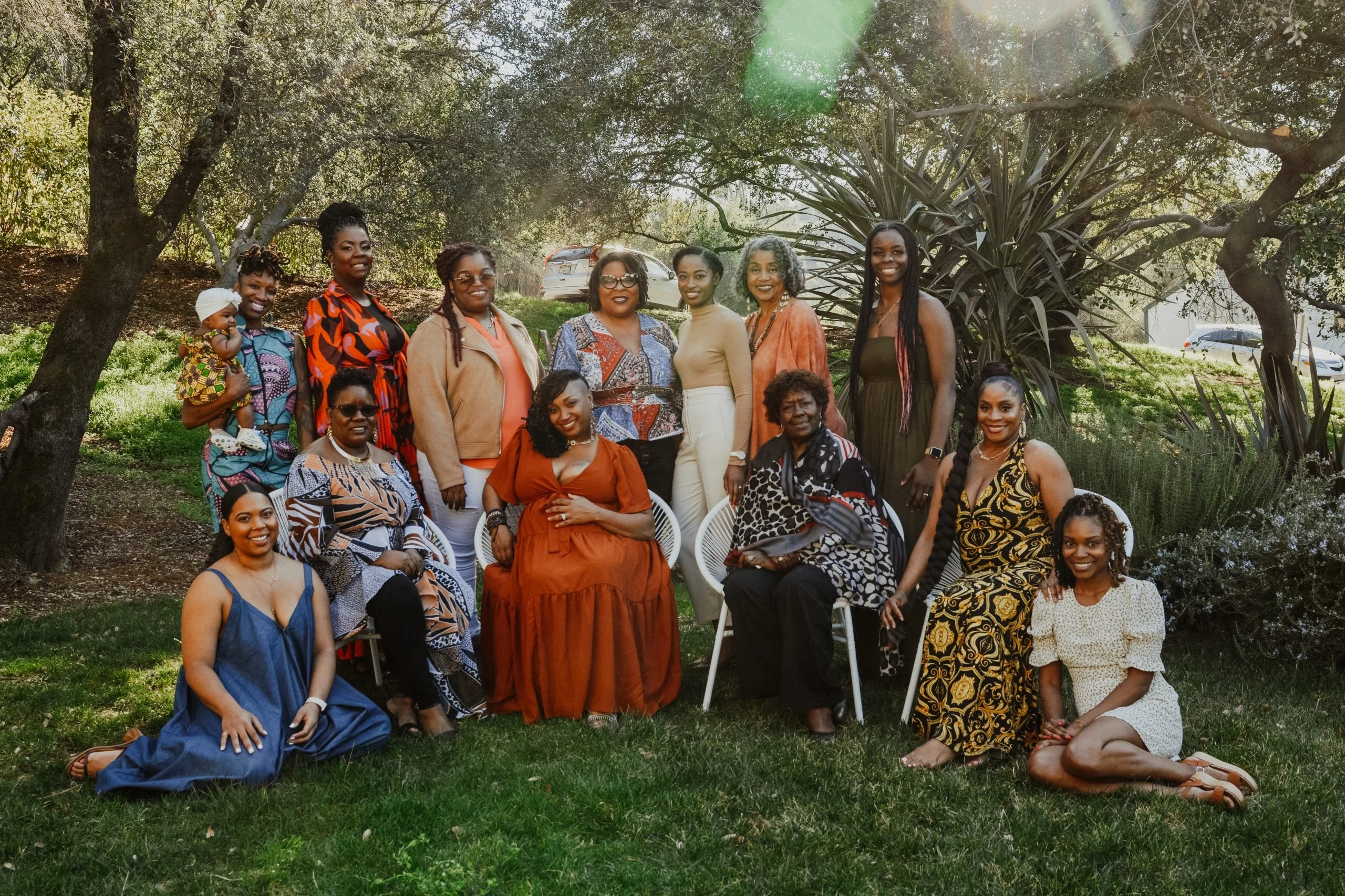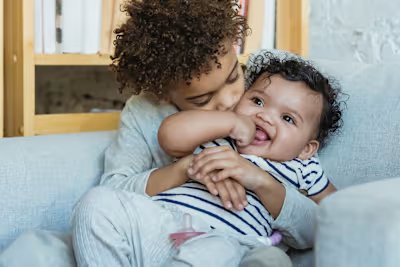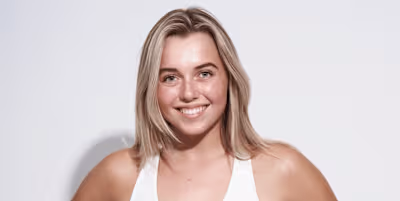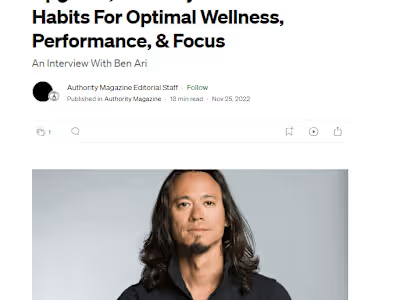California Black Women's Health Project: Celebrating A 30-Year …

Photographer: Elysse Moore
Thirty years ago, the nonprofit, California Black Women’s Health Project (CABWHP) was established, as a chapter of the National Black Women’s Health Project. CABWHP is committed to working to address health disparities and improve health outcomes for Black women and girls throughout the state of California.
According to the California Reducing Disparities Project, CABWHP “is the only 501(c)(3) non-profit organization solely dedicated to improving the health of California’s 1.2 million Black women and girls through advocacy, education, policy, and outreach.”
The research is clear—Black women “experience the worst health outcomes of any group in the United States,” regular of their income or tax bracket. This disparity still persists despite the substantial gains made over the past century.
Black women have “shorter life expectancies and higher rates of maternal mortality. Moreover, Black women are disproportionately burdened by chronic conditions, such as anemia, cardiovascular disease (CVD), and obesity,” per an article published in the Journal of Women’s Health.
Given the severity of this issue combined with the hostile political climate toward Diversity, Equity, and Inclusion (DEI) initiatives, on their 30th anniversary, CABWHP wants to spread awareness about the chronic underfunding of Black-led organizations engaged in the work of trying to close the gap in health disparities. These groups are faced with the almost impossible task of trying to do more but with less resources than their non-BIPOC counterparts.
The theme for this year’s anniversary celebrations is Giving F.O.R.W.A.R.D. (For Our RIGHTS, WELLNESS, ADVOCACY, RESOURCES, and DESCENDANTS), shining a spotlight on “the inequities in philanthropy for Black-led organizations.” Over the course of the year, CABWHP, in conjunction with partners across the Golden State, is hosting charitable and impactful community events so that the organization can expand the services provided and increase the staffing and resources around “their existing programs.”
“All donations received through CABWHP’s Giving F.O.R.W.A.R.D Collective will strengthen operations and support existing programs focused on training, educating, and building the capacity of Black women to become health advocates and activists,” local ABC6 news outlet reports.
As CABWHP CEO Sonya Young Aadam told ESSENCE, “We have dedicated 30 years of advocacy, education, empowerment, and collaboration in California, yet Black women continue to fall through the gaps, and we’re living with and dying from diseases and conditions that are preventable and treatable.”
“Until we see a true dismantling of explicit and implicit racism in healthcare and other social systems, we will continue to fight for our lives and bridge the gaps for the health of Black women and girls,” continued Aadam.
“In 2020, during what many now refer to as the ‘racial reckoning’ many funders finally saw the urgency in our requests for supporting racial equity work to address the disparities Black women face. Just three years later we’re already seeing pushback, but the need is still there,” added Brianna Holmes, the Director of Fund Development & Grants Management for CABWHP.
“Those of us who are at the forefront of advocating for policies and practices that promote the health and well-being of Black women are the ones who suffer most from this lack of support,” says Holmes. “We’re not asking for others to do the work. We’re already doing it. Black women are already doing it because we recognize that this work is still needed now more than ever but we need continued funding and support to make it happen”
Like this project
Posted Apr 30, 2024
30th anniversary feature story I secured on behalf of my nonprofit client highlighting their work in the health equity space
Likes
0
Views
11





